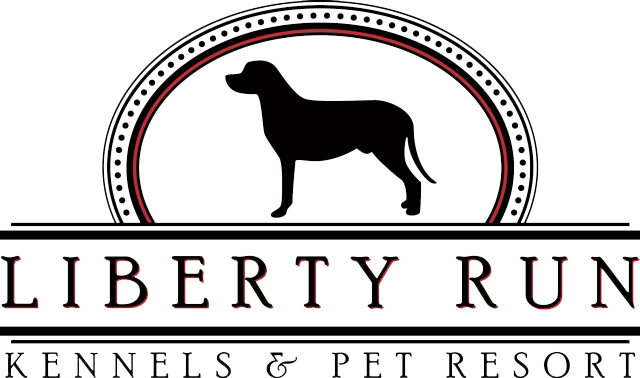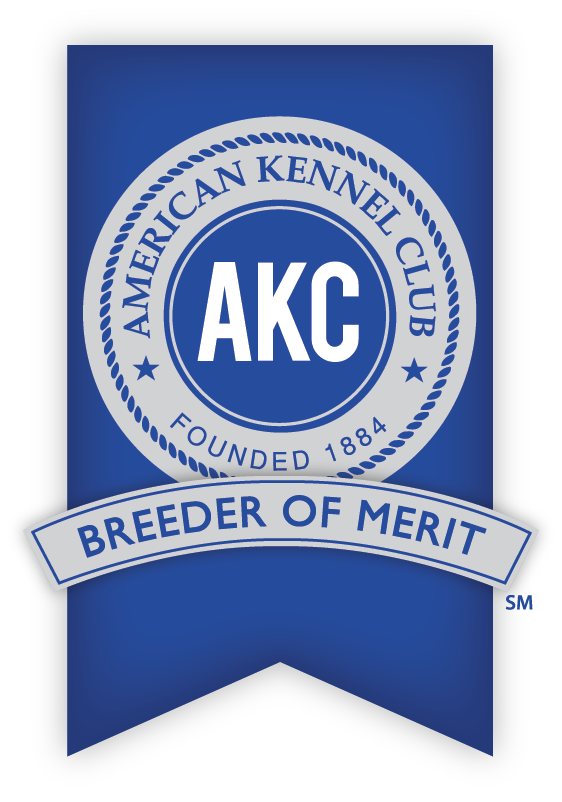- Health…a healthy dog is the best thing any breeding program can produce
- Temperament…a sound mind is of up most importance for both the family companion and the best show dog; without good, stable temperament, a breeding program is floundering
- Structure…a physically sound dog moves stronger, longer
- Type…a dog should look like the breed he is supposed to be
- Conformation…a breed has a standard for a reason
You can’t put together a breeding program without consistently breeding dogs. Breeding quality puppies means you put tremendous thought into your breeding pairs and you focus on breeding the highest quality dogs possible. A good breeder studies pedigrees and pours over the latest articles and research to make the best decisions possible, weighs the potential good vs. bad and hopes for a little bit of luck in the mix. Breeding the best dogs you can to produce the best puppies possible is the objective. Getting it right takes practice. Getting it right most of the time takes a lot of practice.
Health clearances are simply one of the steps in making breeding decisions. Liberty Run breeding stock is evaluated for health through the most accepted organizations in the United States, including the Orthopedic Foundation for Animals and the Canine Eye Registration Foundation. Dogs at Liberty Run are evaluated for all aspects of quality. Here at Liberty Run, we don't consider health issues to be trivial. We test all breeding stock and use all test results to help evaluate each individuals place in the breeding program. There are many things we can’t test for, but most certainly we do test for what can be tested and strive to minimize the common issues that plague each breed. A dog that spends a lot of time at the vet is simply not kept in the Liberty Run breeding program. While there is never any guarantee when it comes to breeding, starting with healthiest parents possible is the first step. Health is an important consideration, but it certainly is not the only consideration.
Temperament is an area where we simply do not compromise. All Liberty Run breeding stock is evaluated for temperament. Dogs at Liberty Run receive a tremendous amount of attention and hands on time, training and care, and all breeding decisions in reference to temperament are done with an open state of mind. If the dog doesn’t have a quality temperament that would lead it to be a wonderful pet in the average pet home, or if the dog is difficult to train and manage in the average home environment, or if the dog can’t be trusted around children, people, and other pets then that dog is not bred at Liberty Run. Though some dogs are bred for specific purposes, even service dogs, show dogs and working dogs are people’s pets and should have a temperament that allows them to have a sound mind and the ability to manage unusual circumstances. Every show dog, every working dog and every family companion should have a sound temperament. Temperament is genetic and most definitely is inherited. While behavior and manners can (and must) be trained, a dog’s underlying temperament is determined by its parentage. Dogs don’t inherit good manners, but they certainly do inherit the sound mind that allows you to train them.
Structure, type, and conformation all go hand in hand. Quality conformation requires a dog have good structure and breed type. Breed type includes proper structure, and proper structure leads to proper type. A breed should look like it is supposed to look and should not look like another breed. A Greater Swiss Mountain Dog should adhere to its own breed standard just like a Bernese Mountain Dog should adhere to its own breed standard. The two breeds should not be mistaken for each other and there are more differences than simple length of coat. A Chow should be the epitome of a chow and possess all the key traits that make a chow a chow as well as excel in temperament. Here at Liberty Run we breed each breed for the highest quality, regardless of what breeds we are breeding. While no dog is perfect and every dog has some conformation faults, we focus to limit those faults and to constantly improve from one generation to the next.

